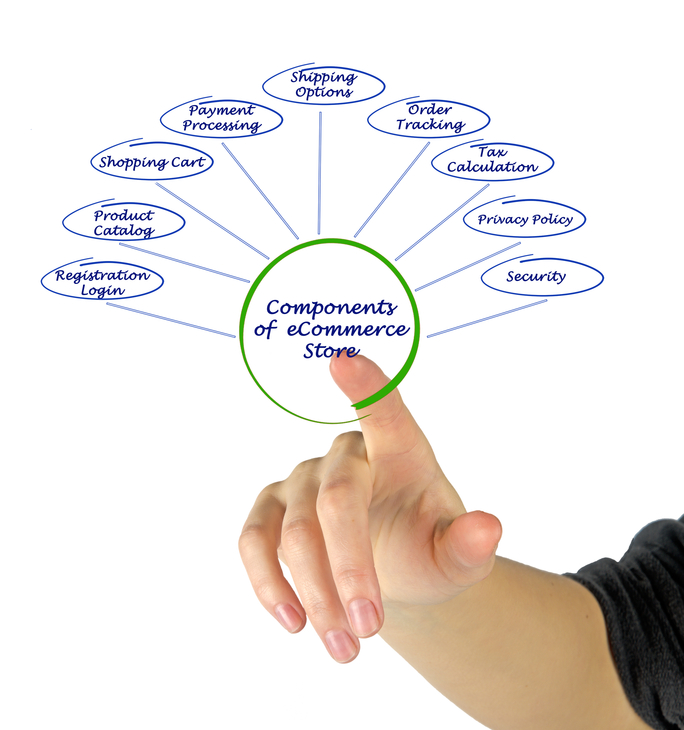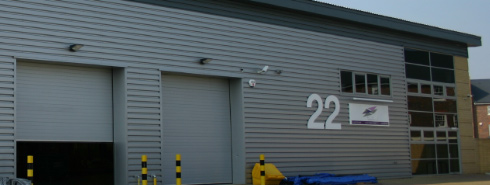
Ecommerce is a very competitive industry, and nine times out of ten a
new customer will pick the least expensive provider of a good or
service, regardless of any other factors. Order fulfilment, and specifically pick and pack
can be responsible for a lot of your overhead, and making efficiency
advances there could help your overall profitability quite a bit.
Kitting can improve your pick and pack performance and reduce costs
Kitting is essentially bundling certain items together before hand, and assigning a single SKU
to the new ‘kit’. Of course this relies on having accurate order
predictions, but if you know that a substantial number of orders that
include Product X also contain Products Y and Z, your pick and pack
people can use slow periods, night shifts, or other less in demand time
to pre-bundle a portion of your inventory together.The kit can be packed as part of a larger order, or shipped as is with only the addition of a label, depending on how you choose to package it. Kitting has been shown to improve the efficiency of both in-house and outsourced pick and pack operations. Many suppliers will even kit items before delivery to you, for a small fee.
Reassessing your packaging options could keep your pick and pack process competitive
The ‘pack’ half of pick and pack is too often overlooked in terms of
efficiency efforts. Efficient packaging is a balance between the
flexibility of large boxes, and the added costs of shipping empty space
and bubble wrap.At a minimum, you should review your packaging decisions every year, and perhaps more often. Shifts in buying patterns, discontinued product lines new pick and pack options could make your current system inefficient, or provide newer, better systems at any time.
Make sure you address the purchase cost of your materials as well as the transport inefficiencies. It may still be more efficient overall to buy and ship 10,000 large boxes than 5000 large, 4000 medium and 1000 small.






